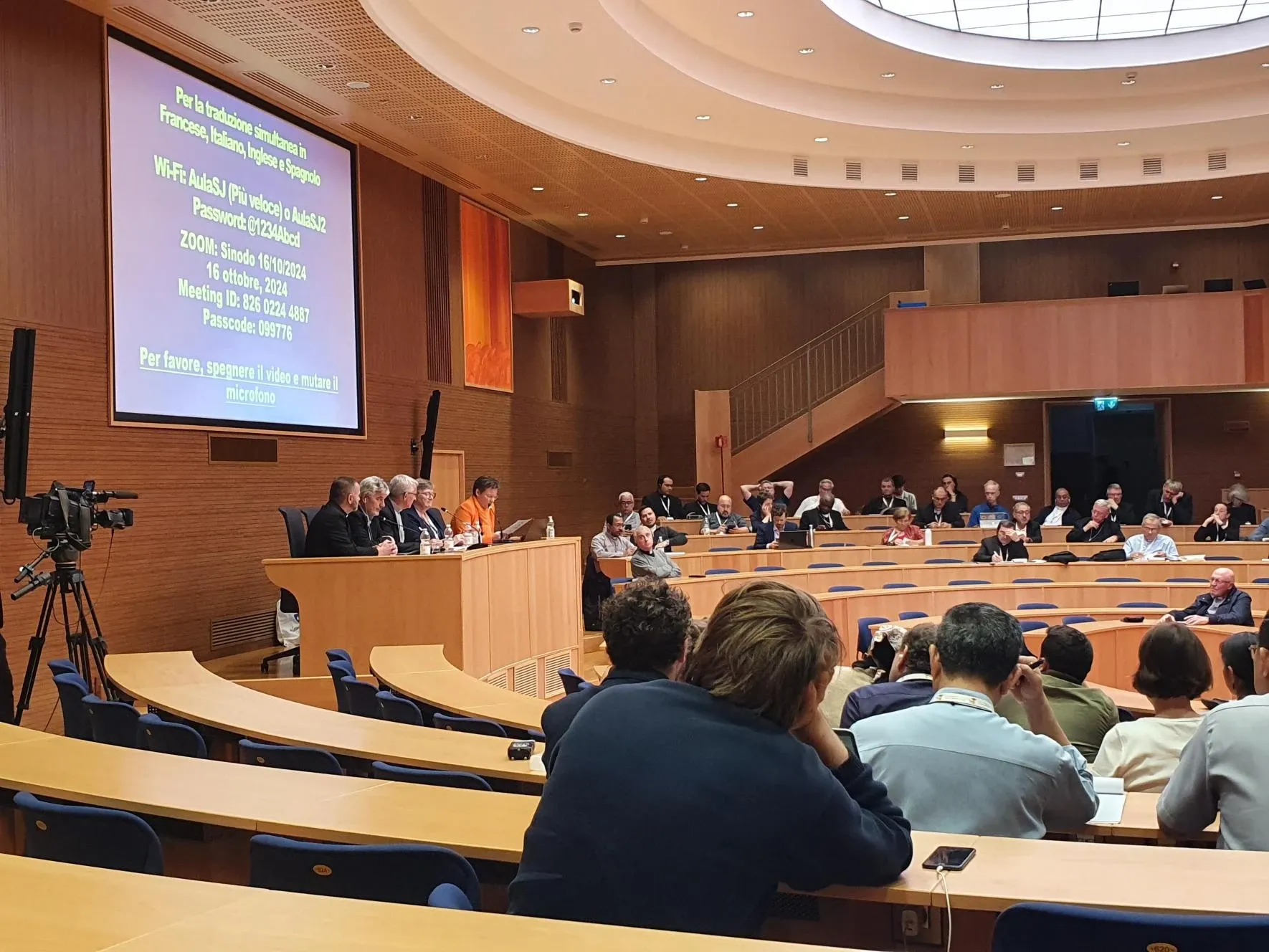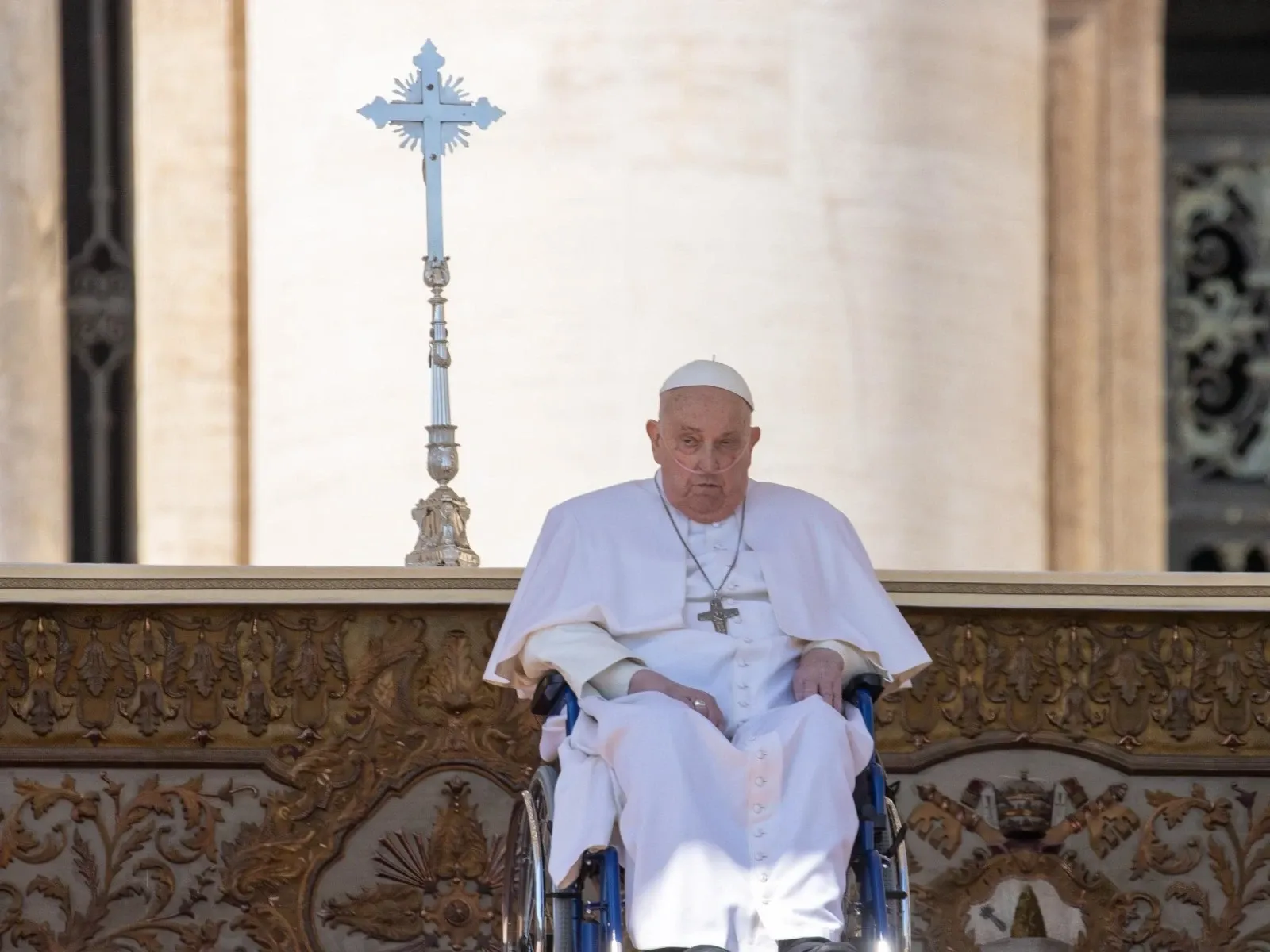Vatican City, 18 October, 2024 / 12:55 pm (ACI Africa).
Four different theology conferences, held publicly Oct. 9 and 16 in Rome, explain the “theological undertone of the synodal process,” according to a conference moderator and expert at this month’s Synod on Synodality.
The evening forums gave a platform to 17 handpicked theologians and canonists who spoke for about 10 minutes each on the topics of papal primacy, the people of God, the bishop’s authority, and the relationship between the local Churches and the universal Church — all in the context of how to make the Church more synodal.
One of the few novelties of the second session of the Synod on Synodality, the forums revealed some of the theological underpinnings of synodality — according to the experts who were writing about the concept years before Pope Francis launched the three-year synodal process — and the concrete proposals for the future of the Catholic Church.
Klara A. Csiszar, a moderator of two of these forums, an expert at the Synod on Synodality, and a Romanian-Hungarian-Austrian theologian, said at an Oct. 16 briefing for journalists that the conferences “help to better understand the theological undertone of the entire synodality process, especially the theology of the people of God, which is seen as the subject of the mission.”
“This is a fundamental theme that, in my opinion, should be translated into practical application with all its implications,” she continued, adding that “theology helps with this by learning not only to teach, so to speak, but also by listening a lot, sitting in the hall, and trying to understand what is really at stake” during the Oct. 2–27 Vatican assembly.








